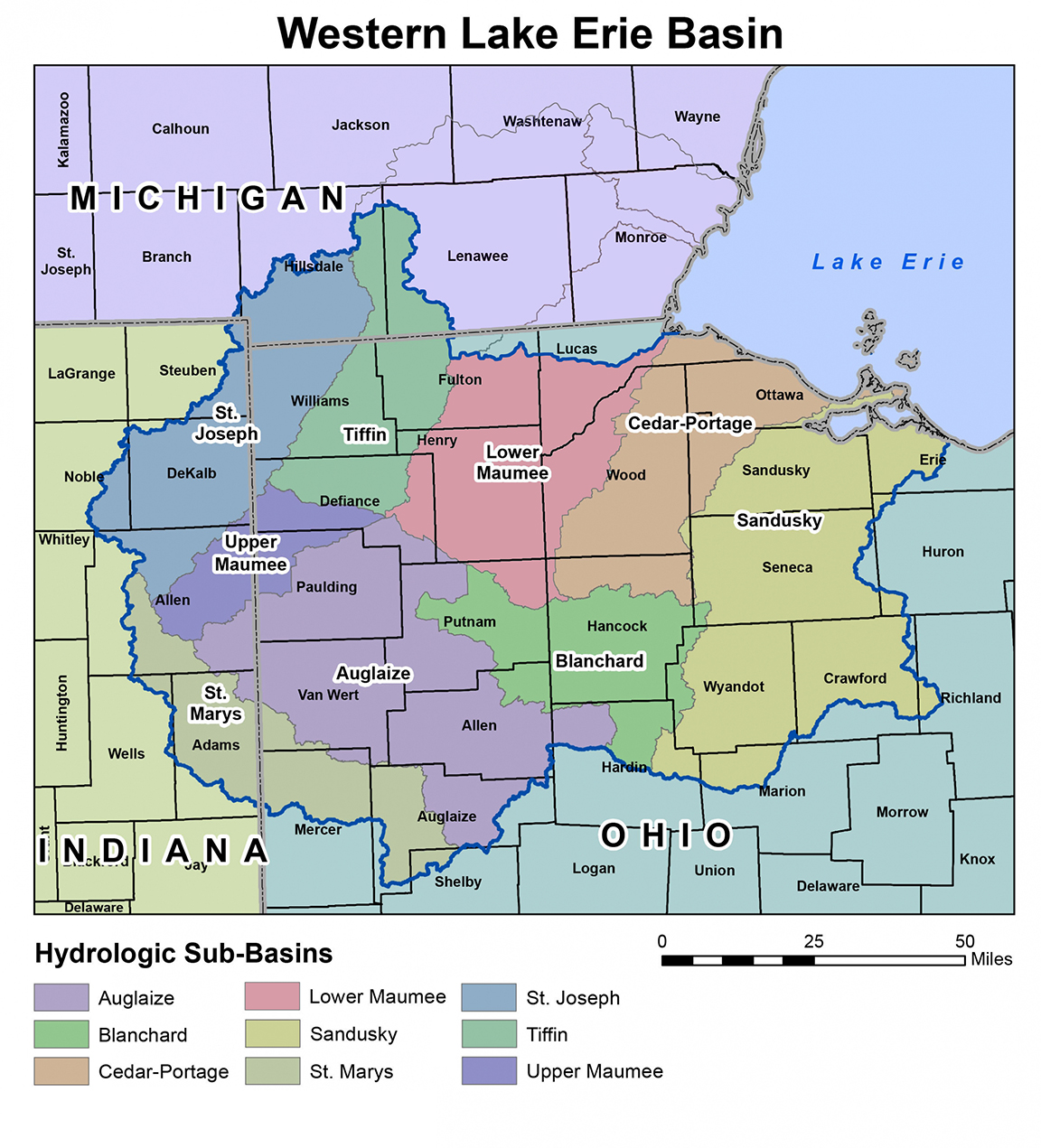Tags
Relevant Tags
- Cover Crops (3)
- Current Projects Navigation (1)
- Publication (3)
- Yield (3)
- economic benefits (3)
- economic profitability (3)
All Tags
- Ag Consultant Training (2)
- Best Management Practices (BMPs) (1)
- Blank Template (5)
- CCA (1)
- CIA Tour 2019 Announcement Template 070319 (2)
- CIA Tour 2019 Template (17)
- CIA Tour (1)
- CIA Tours (3)
- CIA2022 (2)
- CIA2023 (1)
- CTIC Demo (1)
- CTIC Projects (6)
- CTIC Staff (1)
- Carbon (1)
- Conservation in Action NEWS (36)
- Conservation in Action Tour 2017 Abstract Author (4)
- Conservation in Action Tour 2017 Abstract CA (2)
- Conservation in Action Tour 2017 Abstract Reviewer (1)
- Conservation in Action Tour 2017 Abstract Submitter (1)
- Conservation in Action Tour 2017 Moderator (2)
- Conservation in Action Tour 2017 Registrant (1)
- Conservation (1)
- Conventional Agriculture (1)
- Cover Crop Report Announcement (2)
- Cover Crop Survey (1)
- Cover Crops (10)
- Current Projects Navigation (5)
- Data_Cropland (2)
- Data_Grassland (2)
- Demo_copy (1)
- ED Announcement (9)
- Email Blast (1)
- Environment (1)
- Environmental Management (5)
- Home Resource (4)
- Hypoxia (1)
- In the news (9)
- Indian Creek Watershed Project (6)
- Manure Management (4)
- Membership Drive 2018 (1)
- NARS National 2019 (1)
- NARS (6)
- News from CTIC (17)
- Nitrogen (1)
- No-Till (2)
- Nutrients (1)
- OpTIS Webinar Announcement (2)
- OpTIS (1)
- Organizations (3)
- PLUS-UP Newsletter (54)
- PLUSUP (6)
- Partners - NEW (11)
- Partners Magazine Article (2)
- Partners (1)
- Planner (6)
- Presentation (6)
- Press Release (8)
- Projects (10)
- Publication (3)
- Reminder 2022 (1)
- Research (1)
- Rivers, Streams (1)
- Software (2)
- Soil Management (2)
- Tillage (1)
- Tour 2021 - Video (2)
- Tour1 (1)
- Video (1)
- Watershed (1)
- Wetlands (1)
- Yield (3)
- agro-ecosystem (1)
- economic benefits (4)
- economic profitability (4)
- newsletter_cover_crops (1)
- newsletter_news_releases (1)
- on-farm research (1)
Filtered by : Yield
| Results3 articles found. |
|---|
2016-2017 Cover Crop SurveyClick here to view the full report of the fifth annual cover crop survey. A big thank you to the USDA's Sustainable Agriculture Research and Education program (SARE) and the American Seed Trade Association (ASTA), with help from Penton Media through their Corn and Soybean Digest publication. For results from previous years, please see below. The fifth annual cover crop survey by the Sustainable Agriculture Research and Education (SARE) program and the Conservation Technology Information Center (CTIC) draws on the insight of 2,102 farmers—88 percent of whom reported using cover crops and 12 percent who identified themselves as non-users—... |
Cover Crop SurveyCover crop Survey Click here to read the insight from nearly 1,200 commodity and horticultural crop farmers from across the country on why they do—or don't—use cover crops. Among the highlights of this year's survey results include data on the performance of cover crops during the extremely wet 2019 planting season, including effects on planting date and prevent plant claims, as well as data on the crop insurance programs favored by cover crop users. The sixth survey from CTIC, USDA's Sustainable Agriculture Research and Education (SARE) program and the American Seed Trade Association (ASTA), ... |
Cover Crop Survey - OLD2019-2020 Cover Crop Survey Click here to read the insight from nearly 1,200 commodity and horticultural crop farmers from across the country on why they do—or don't—use cover crops. Among the highlights of this year's survey results include data on the performance of cover crops during the extremely wet 2019 planting season, including effects on planting date and prevent plant claims, as well as data on the crop insurance programs favored by cover crop users. The sixth survey from CTIC, USDA's Sustainable Agriculture Research and Education (SARE) program and the American Seed Trade Association (... |

